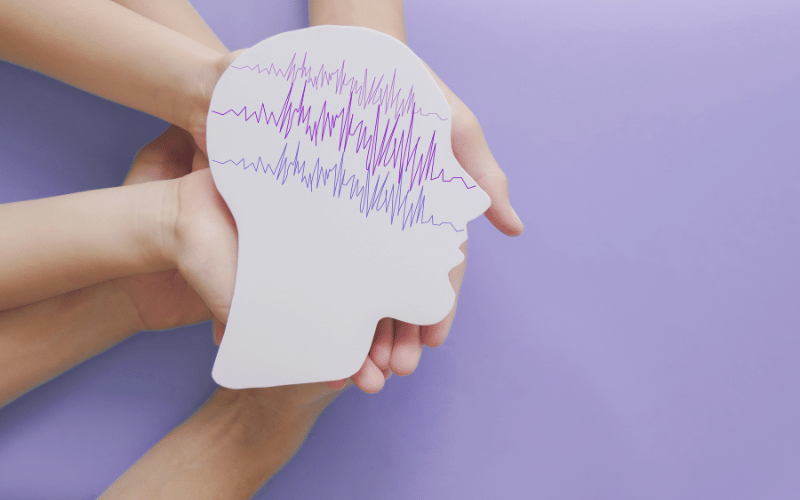Symptom 10: Mental Confusion

The liver’s influence isn’t limited to just digestion or detoxification. It plays a significant role in maintaining brain health. But how does a liver condition sway cognitive functions? The intricate connection between our liver and brain is something that often goes unnoticed until symptoms begin to manifest.
A functioning liver acts as the body’s primary detoxifier. When healthy, it efficiently filters out toxins, preventing them from impacting other organs, including the brain. However, in AIH, this filtration process can get disrupted. Toxins that should have been removed might find their way into the bloodstream and, consequently, to the brain. This can lead to cognitive disturbances, commonly described as “brain fog”.
This mental confusion can manifest in various ways: forgetfulness, difficulty concentrating, or even challenges in performing regular tasks. It’s not merely about feeling a bit “off”. For AIH patients, this cognitive decline can be genuinely debilitating, affecting both personal and professional spheres of life.
Apart from toxin buildup, other factors could contribute to this symptom. There’s the emotional and psychological toll of dealing with a chronic illness. Additionally, some medications used to treat AIH might have side effects that influence cognitive functions.
Recognizing these cognitive changes and understanding their connection with liver health offers a starting point for intervention. Adjustments in medication, coupled with therapies, can help manage this symptom. Further, regular medical check-ups can monitor toxin levels, ensuring that they’re kept in check, thus safeguarding both liver and brain health. (10)